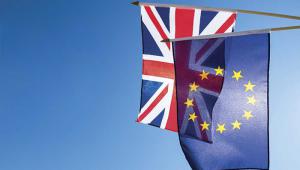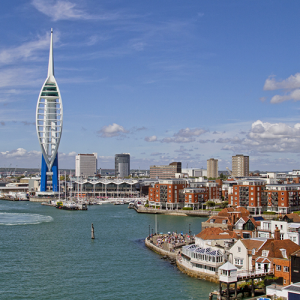The paper released today by the Adam Smith Institute, claims that the vote to leave the EU has created a rare opportunity to tackle the long-standing problems facing the UK directly rather than “tinkering at the edges”.
Rebooting Britain: making the most of Brexit, authored by the institute’s president Dr Madsen Pirie, lays out a range of policy suggestions from housing and pensions, to drugs and unemployment. Many of the changes were impossible previously due to the UK’s membership of the EU.
One of the key suggestions is to reduce the rate of corporation tax payable by UK firms. According to the report, there is a false belief that it is companies who pay this tax, whereas in reality, it is “paid by the employees of companies, by their customers, and by their shareholders”.
It advises the government to reduce the rate of corporation tax to 12.5% which would bring it in line with the rate currently charged by Ireland, before reducing it to zero over time. This would bring in a wave of investment and provide the economy with a much-needed post-Brexit boost.
On immigration policy, the report urges the UK to use its new freedom to reshape the rules governing who can come to the country and work, to attract more skilled and talented immigrants. It also suggests the UK should stop classifying foreign students in the country as immigrants.
One of the more controversial suggestions is for Britain to abolish agricultural subsidies, after it lifts clear of the Common Agricultural Policy on exiting the EU. It cites the example of New Zealand’s agricultural production in 1984, 34% of which was from subsidies. When the rate was cut to 2%, far from collapsing, farms “responded to world markets and became among the most efficient in the world”. The report claims agricultural productivity doubled in the ten years after the rate was lowered, and said Britain could benefit from a similar move.
It claimed that Britain also had an opportunity to reassert control over its fishing waters, and to abandon what it claims were “flawed EU policies, which currently result in thousands of fish being destroyed”. It advised instead that Britain models itself on Iceland, which sets annual, tradable quotas for each vessel, incentivising UK fisherman to conserve stock.
Dr Madsen Pirie, report author, said: “There are many features of modern Britain that are simply inadequate to serve its needs today. Some have been allowed to continue with occasional tinkering at the edges when a comprehensive overhaul would be more appropriate, and some have not been tackled because of our membership of the EU and the obligation to accept its rules over our own national interest.”
He added: “The decision to leave the EU presents the opportunity to abandon the politics of drift and muddle, and to take confident steps to create the kind of country we want ourselves and our children to live in.”



















